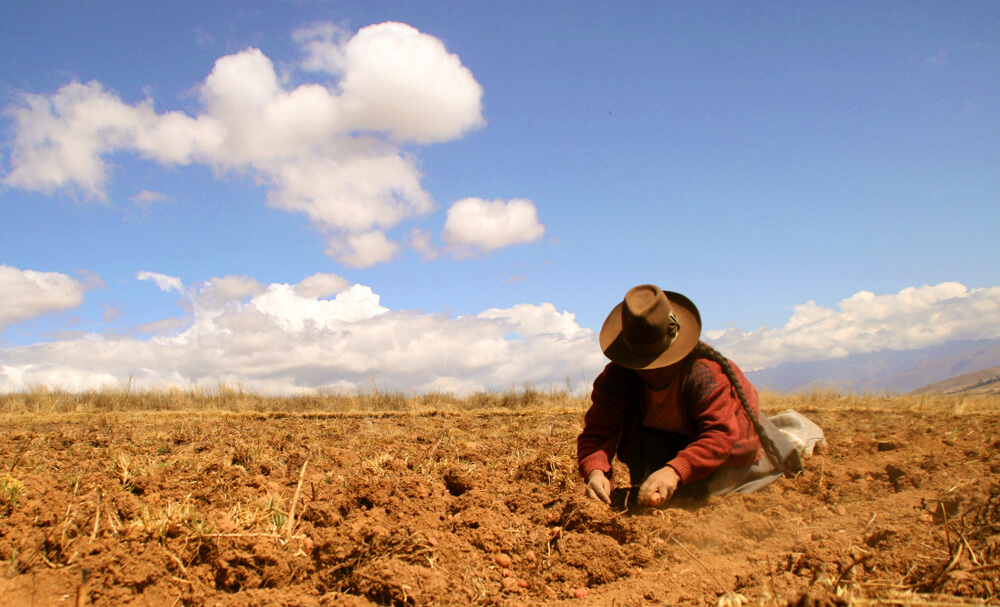Los Andes, based in the rural town of Puno on Lake Titicaca, has provided access to finance for households, farmers and businesses for more than a quarter-century. The company was acquired by former engineer and banker Rosanna Ramos-Velita 12 years ago; now a regulated bank, it reaches more than 85,000 borrowers and 227,000 savers through more than 100 rural branches. Nearly half of its customers are women.
The pandemic made access to finance for rural businesses more urgent than ever, but disrupted Los Andes’ ability to serve customers through field agents. The company turned to technology, such as a loan underwriting app, to keep services flowing.
“We have a strategic plan for the next three to five years to fully digitize our business,” Ramos-Velita told ImpactAlpha.
Enter Accion. The impact investment firm invested in Los Andes via its $152 million Digital Transformation Fund, which helps inclusive financial services companies adopt technologies to better serve clients. Los Andes is the fund’s fourth investment.
Crisis response
Business digitalization is challenging and costly for a regulated lender like Los Andes.
“Local bank regulation is extremely strict and very conservative, which is good, but because of that, it really slows down innovation,” said Ramos-Velita. “We have to be extremely creative to explore and innovate different solutions, and we also have to change our mindset. That doesn’t happen in a year.”
Los Andes feels the urgency. Peru’s slow economic recovery from the pandemic has hampered small business growth. Rural businesses have been hit by the effects of climate change.
“It’s a permanent crisis,” said Ramos-Velita. Los Andes partnered with Water.org, for example, on a loan product to help its customers access last-mile water connections.
Added Ramos-Velita, “We’re very tuned in and always trying to develop or construct new products and services.”












